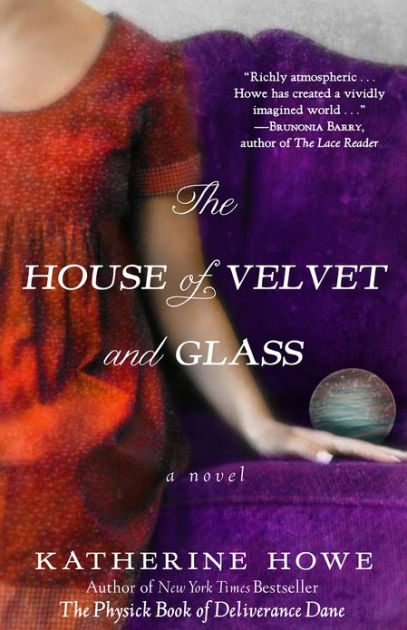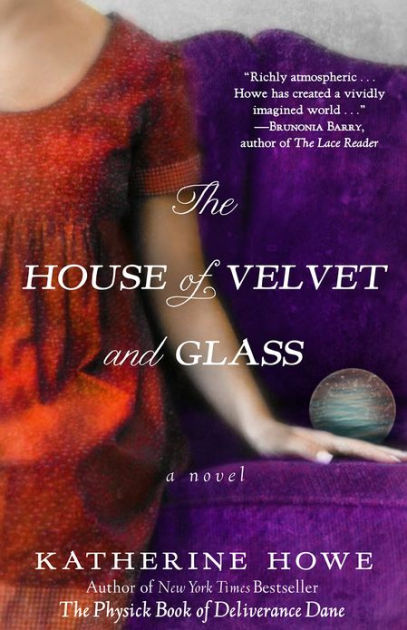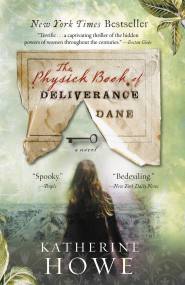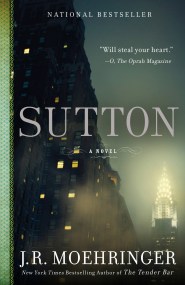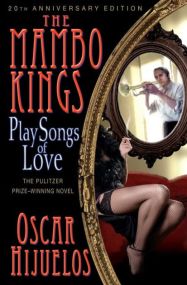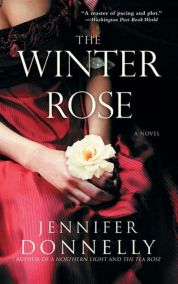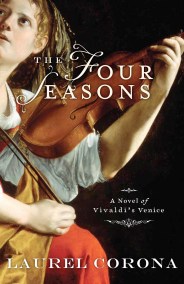By clicking “Accept,” you agree to the use of cookies and similar technologies on your device as set forth in our Cookie Policy and our Privacy Policy. Please note that certain cookies are essential for this website to function properly and do not require user consent to be deployed.
The House of Velvet and Glass
Contributors
Formats and Prices
- On Sale
- Jan 29, 2013
- Page Count
- 432 pages
- Publisher
- Grand Central Publishing
- ISBN-13
- 9781401342005
Price
$24.99Price
$31.99 CADFormat
Format:
- Trade Paperback $24.99 $31.99 CAD
- ebook $11.99 $15.99 CAD
- Audiobook Download (Unabridged) $38.99
This item is a preorder. Your payment method will be charged immediately, and the product is expected to ship on or around January 29, 2013. This date is subject to change due to shipping delays beyond our control.
Buy from Other Retailers:
Genre:
Newsletter Signup
By clicking ‘Sign Up,’ I acknowledge that I have read and agree to Hachette Book Group’s Privacy Policy and Terms of Use
